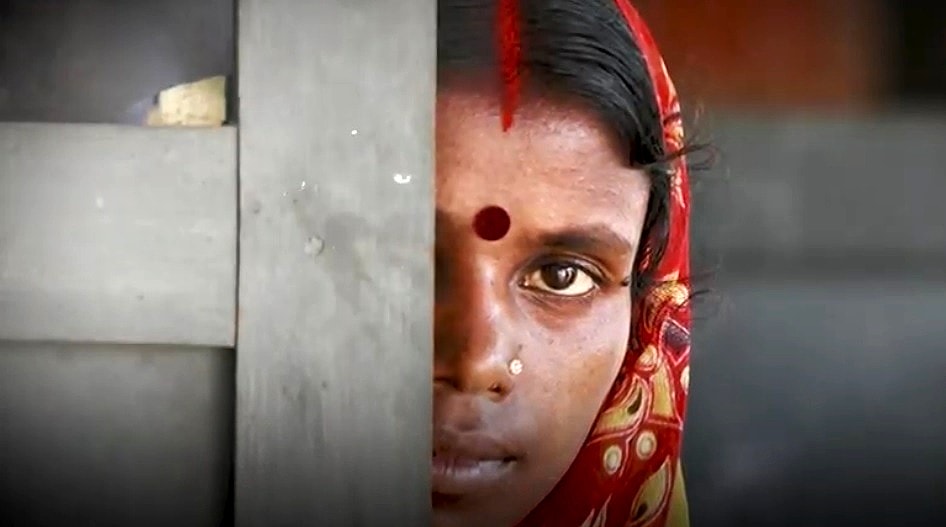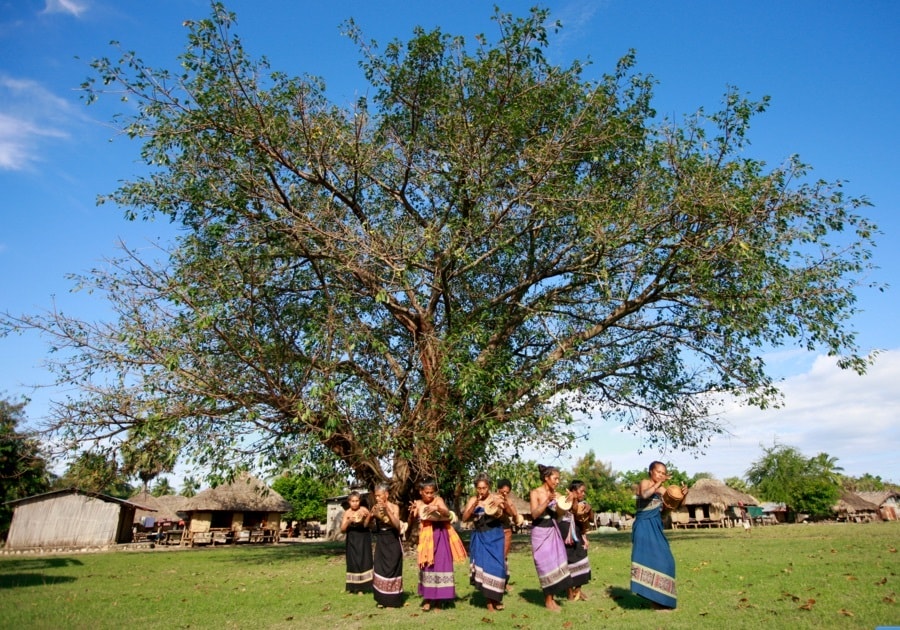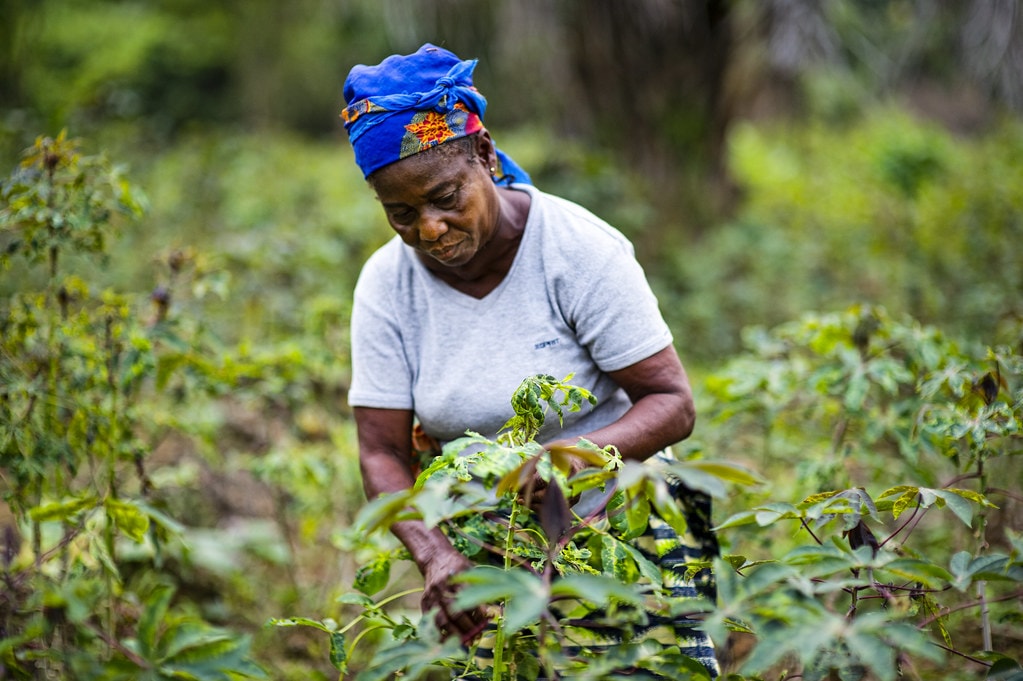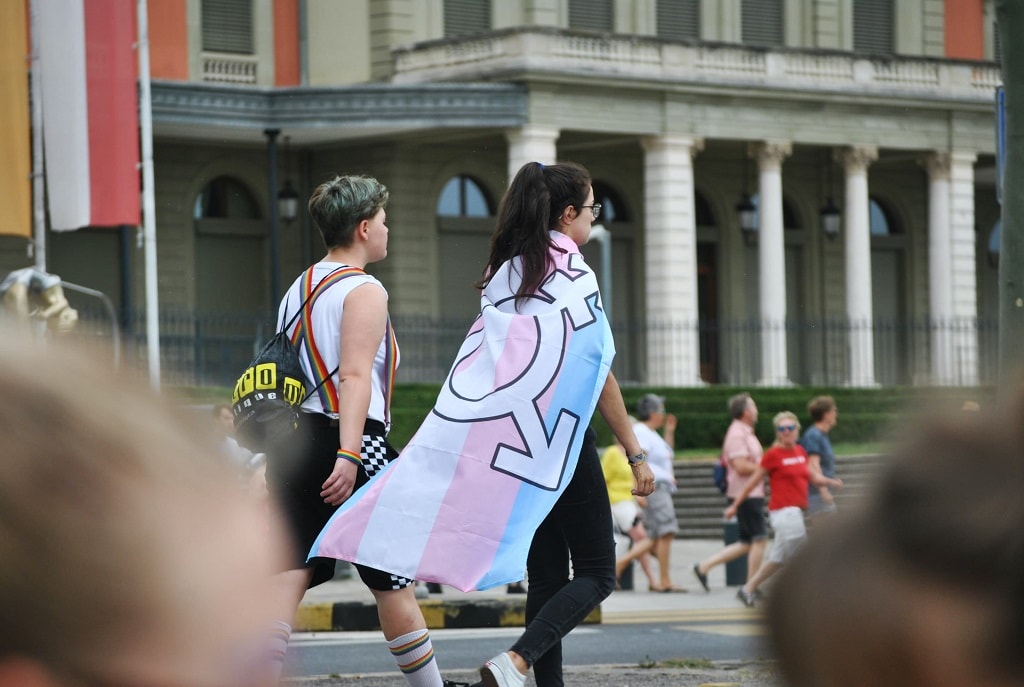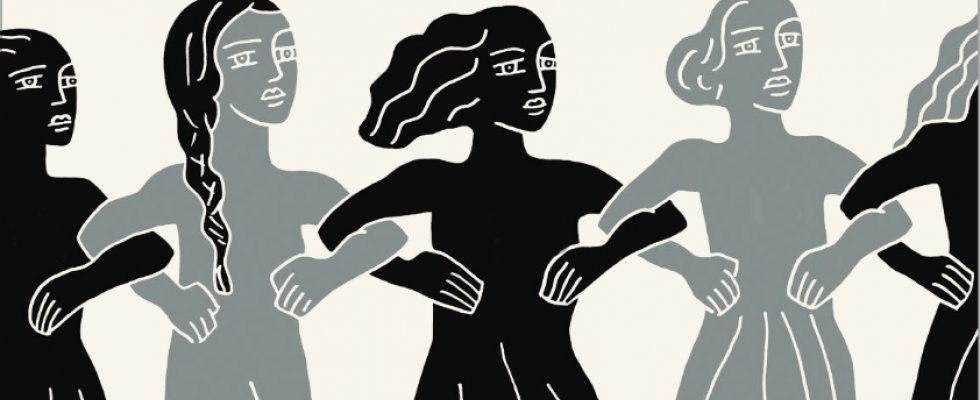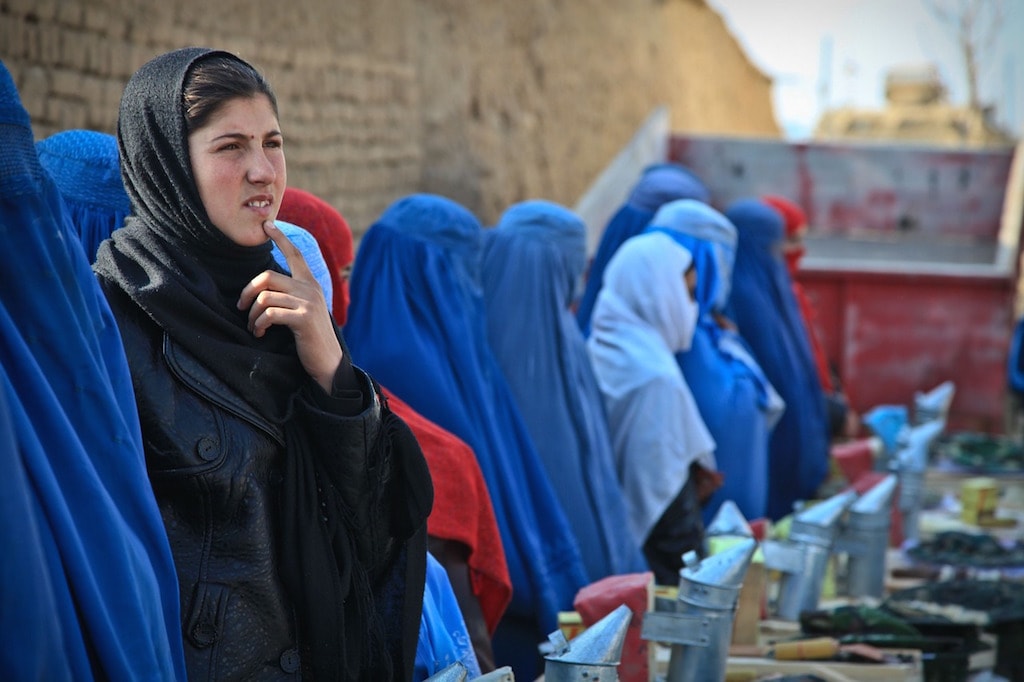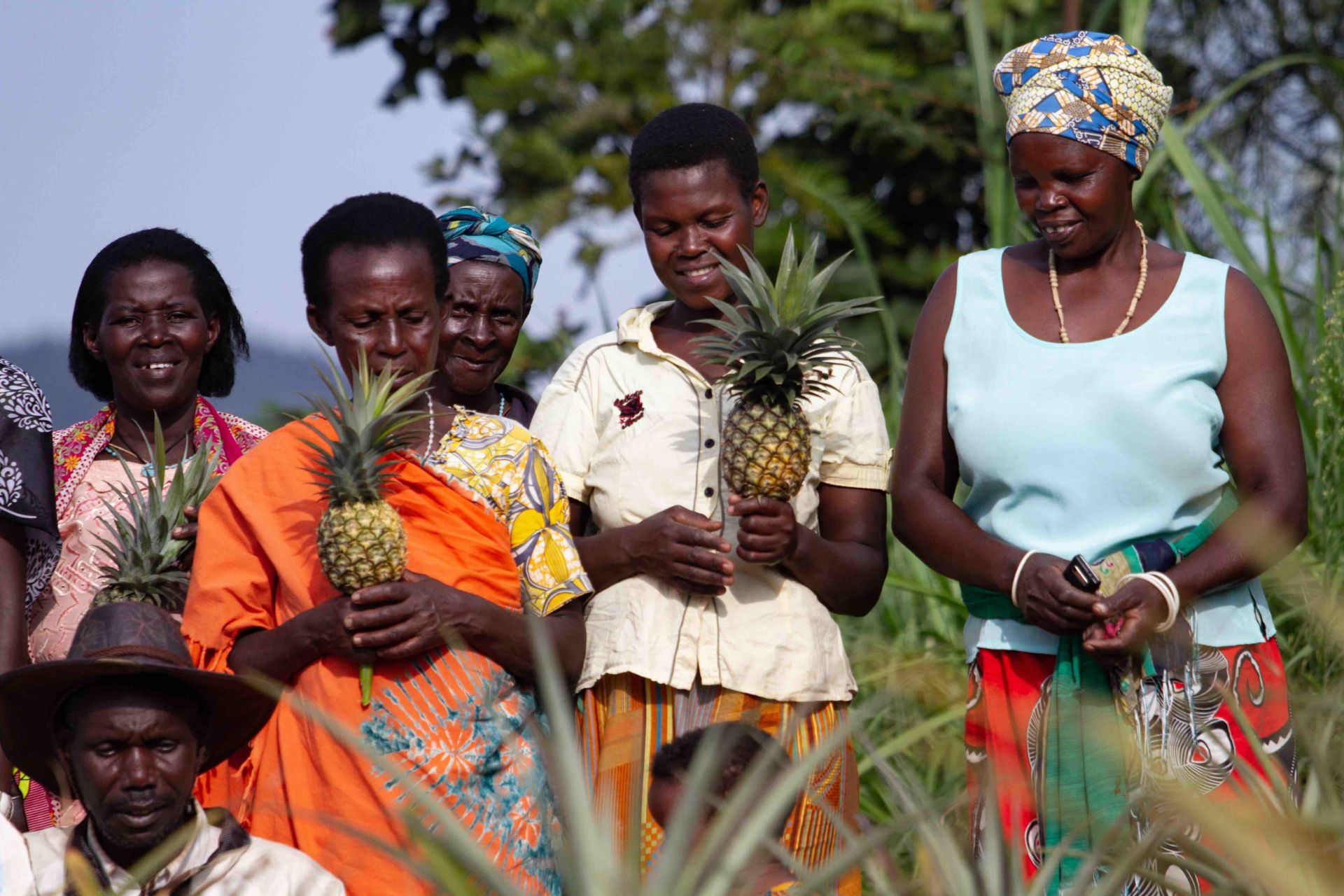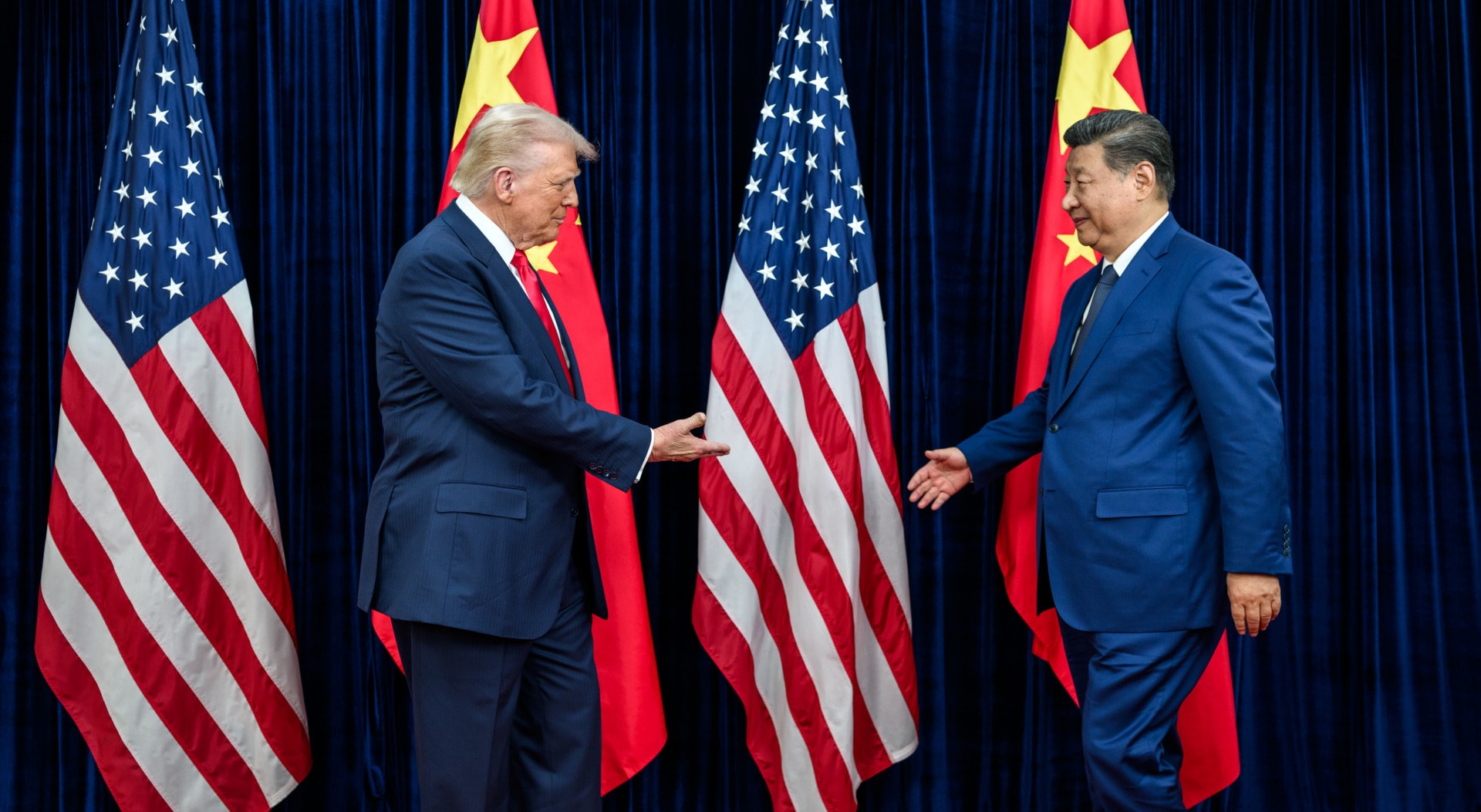Gender is often viewed as an invisible, sometimes secondary, factor in extremism. But it can often play a central role in comprehending processes of appeal, recruitment, and retention in extreme movements.
“All I ever wanted was to fit in and live a happy life amongst humanity’, wrote Elliot Rodger in his manifesto titled My Twisted World: The Story of Elliot Rodger. ‘But I was cast out and rejected, forced to endure an existence of loneliness and insignificance, all because the females of the human species were incapable of seeing the value in me’.
Shortly after uploading a video onto YouTube explaining the motives behind his planned attack, and emailing a manifesto which was later posted online, the 22-year-old perpetrator opened fire and rammed his vehicle onto passersby near the campus of University of California, Santa Barbara. Seven were pronounced dead, and fourteen injured.

This attack in 2014 drew attention to what has widely become known as the ‘incel’ (short for involuntary celibate) movement. Emerging as an online subculture, self-identified incels are young men who are unable to find a sexual or romantic female partner due to their supposed physical unattractiveness. Incels promote a misogynistic worldview, viewing women as sexual objects, and believe society is organized along a hierarchy composed of ‘Stacys’ (hyperfeminine and attractive women) and ‘Beckys’ (unfeminine and unattractive women). Incels aspire to be ‘Chads’, or masculine men who sleep with a lot of women, presumably Stacys. These Chads are considered to be ‘alpha males’ as opposed to incel ‘beta males’.
Inspired by Rodger’s ‘uprising against the Chads and Stacys’, in 2018, 25-year-old Alek Minassian carried out a copycat vehicle-ramming attack in Toronto, killing ten. Minassian described being radicalized by the online incel community, specifically on 4chan and Reddit. These two popular image-based forums, along with their sister site 8kun (previously 8chan), have played a central role as radicalization hotbeds. In these spaces, misogyny and extreme right ideology brew into a toxic combination. The Christchurch right-wing terrorist and the El Paso shooter in 2019 both posted their manifestos onto 4chan and 8chan, respectively, before carrying out their attacks. Incel vocabulary has become so prominent within these online networks that the former is often depicted as a glorified ‘Chad Saint’ inspiring disciples.
There is some overlap between incels and the broader ‘manosphere’ online umbrella movement, which ties misogynist ideas with the far and alt-right. Other movements within the manosphere span from the men’s rights movement (who claim of structural discrimination against men) and the fathers’ rights movement (concerning child custody and family law), to the Men Going Their Own Way (MGTOW) movement, which advocates for men to separate themselves from a feminist-controlled society. At the other end is the pick-up artistry (PUA) movement that teaches young men how to seduce women for sexual success.
RELATED ARTICLES: UN report reveals gender inequality still a problem |Facing climate change in Honduras: The importance of gender equity |How Big Data Can Help Achieve Global Gender Equality |Is Gender Equality a Numbers Game?|Gender Inclusive Capacity Building Programmes: We Know Gender Equality Matters
The one common theme that unites the manosphere is anti-feminism. Feminists are viewed to have dominated social, cultural, and to some extent, political, public spheres of influence. By extension, men have been ostensibly repressed, thus violating traditional, biologically-determined gender norms.
On the flip side has been the emergence of a female equivalent of the manosphere—‘tradwives’. Short for traditional wife, tradwives embrace anti-feminism and support traditional domestic values. Some overlap with the far-right by sharing a distinct political orientation based on anti-Islam, anti-immigration, and anti-multiculturalism, all of which are considered to have contributed to societal decay.
Tradwives have likewise emerged from an online community, such as the Red Pill Women sub-Reddit, where single and married women learn that the ‘single most important goal is to learn to please men’ and the emphasis is on dating, marriage, and relationships. There are some leading women in the tradwives movement, notably Ayla Stewart, also known as Wife with a Purpose. Stewart blogs and makes YouTube videos on her channel about traditional living such as parenting and ‘European cultural homeschooling’. She first gained widespread recognition in promoting a so-called white baby challenge in response to declining fertility rates in Western countries.
More commonly, tradwives exchange advice relating to issues such as dating and motherhood tips. Maternal figures stress the aptitude of being a ‘good wife’ such as submission and obedience to husbands as the head of the household and protector of the family. Supplementary to these conversations are Instagram feeds of homemade meals and cooking recipes, and tradwives nurturing their children.
Popular social media influencers such as the alt-right YouTuber Brittany Sellner (married to the leader of the Austrian branch of Generation Identity, Martin Sellner) frequently espouses tradwife topics. In videos such ‘The War On Men’ and ‘What Makes A Great Woman?’, which have amassed hundreds of thousands of views, Sellner criticizes feminism in popular culture for ignoring men’s issues, thus resulting in male resentment, anger, and social isolation. ‘It comes as absolutely no surprise to me at this point that movements like the men’s rights movement have gained such popularity. Men are tired of being shamed of their inherent qualities, such as masculinity’, says Sellner.
https://www.youtube.com/watch?v=kMj11pLGkaU
Although the tradwives may not seem like an inherently dangerous movement due to a lack of associated violent incidents, this doesn’t entail that it is any less worthy of being taken seriously. Women have long played a significant role in extreme movements, and tradwives are the latest representation of this legacy. Indeed, when discussing the appeal of incel culture, Sellner sympathetically responds that the focus should not be on acts of violence, but on society’s failure in addressing men’s needs and their ‘hopelessness, depression and despair’ of having ‘been cast out by society’.
The connection between the incel and tradwife movements is not always compatible. Their co-existence brings about a unique paradox. Although incels point to modern hook-up culture and sexual liberation as resulting in their ‘loser’ status, the tradwives alternatively offer chastity and marriage as an antithesis to treating women as sexual objects. The two emanate from a shared phenomenon concerning the role of sexuality and gender relations in modern society.
Overall, both movements reveal similarities on two levels. The first level is that of the individual. Psychological explanations for those involved in extreme milieu revolve around individual feelings of loneliness and the desire for belonging. Individuals seek like-minded others in extreme organizations and movements which provide comfort and attention. This sense of community can be found in the safe haven of online spaces today.
Experts have long disagreed to what extent the internet serves as a vector of radicalization, citing offline links to be just as, if not more, important. What the past few years have made abundantly clear, however, is that we can no longer ignore the powerful role of online communities, from fringe platforms like the Chansphere, to mainstream sites such as YouTube and Twitter. These days, extremists prefer to recruit and mobilize by broadcasting from their bedrooms rather than on the streets.

Where offline ties do matter occurs at the societal level. Incels and tradwives are simultaneously responding to our contemporary, globalized society characterized by rising income inequality and inflation, a contractual labor market leading to employment precarity, and existential climate change. (Global trends that have existed prior to the coronavirus pandemic and will likely be exacerbated afterward.)
Incels and tradwives are not necessarily socio-economically poor nor lack education. In fact, many are quite the opposite, constituting part of the middle class or holding university degrees. Instead, the black-and-white narrative of these extreme movements simplifies an increasingly complex world, one that is easy to retreat into through chat rooms and algorithmic recommendations. The nostalgia for a mythic past in which gender norms are dictated by a clear division of labor, or the reinforcement of social status according to biological masculinity and femininity, becomes appealing.
The steps that must be taken to counter and challenge these online extreme movements necessitates a holistic approach involving technology companies, policymakers at the international and national levels, and civil society actors. Enforcing community guidelines on websites will only be effective if enacted in combination with educational initiatives that encourage critical thinking skills.
Most importantly, addressing long-standing issues such as social alienation amidst the backdrop of shifting economic and political dynamics will be a difficult, but necessary, measure in preventing the attractiveness of extremism.
In the picture: Flowers left in memory of the victims of the Toronto attack. Photo Credit: Wikipedia
Editor’s Note: The opinions expressed here by Impakter.com contributors are their own, not those of Impakter.com




